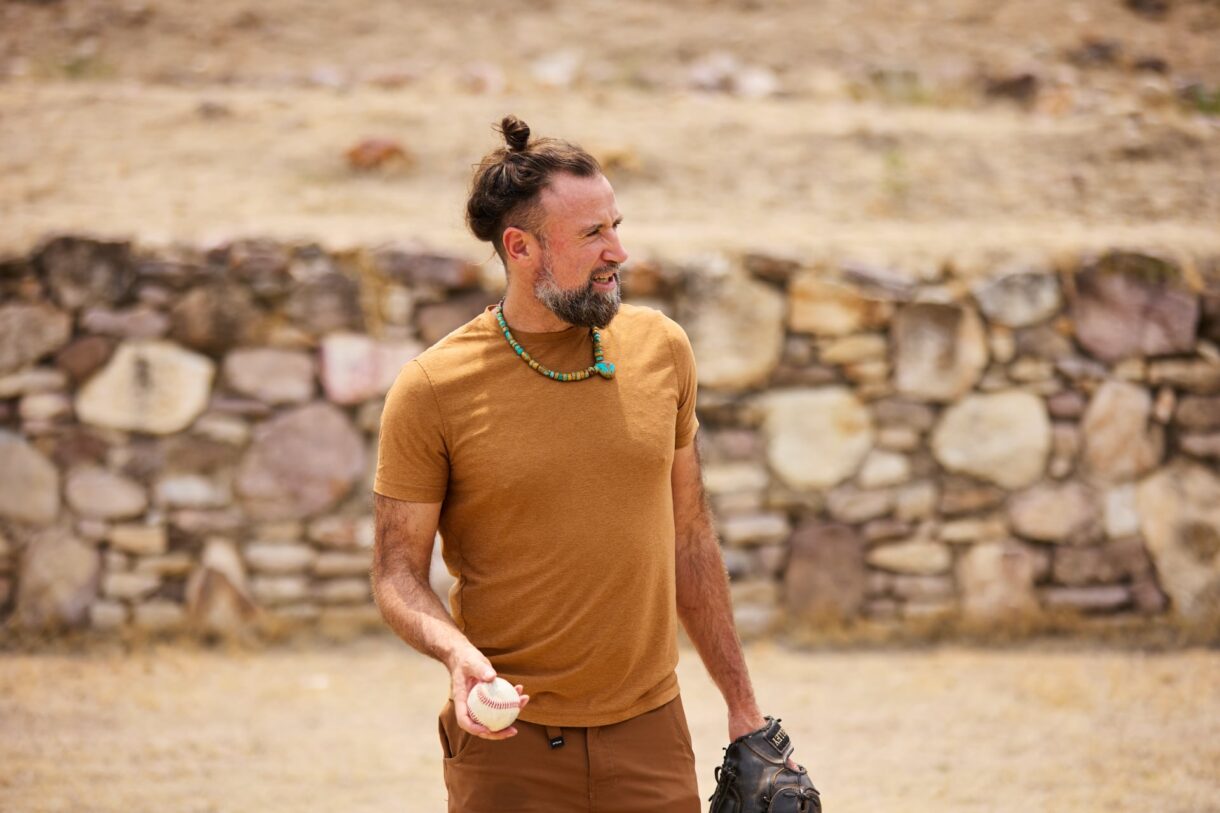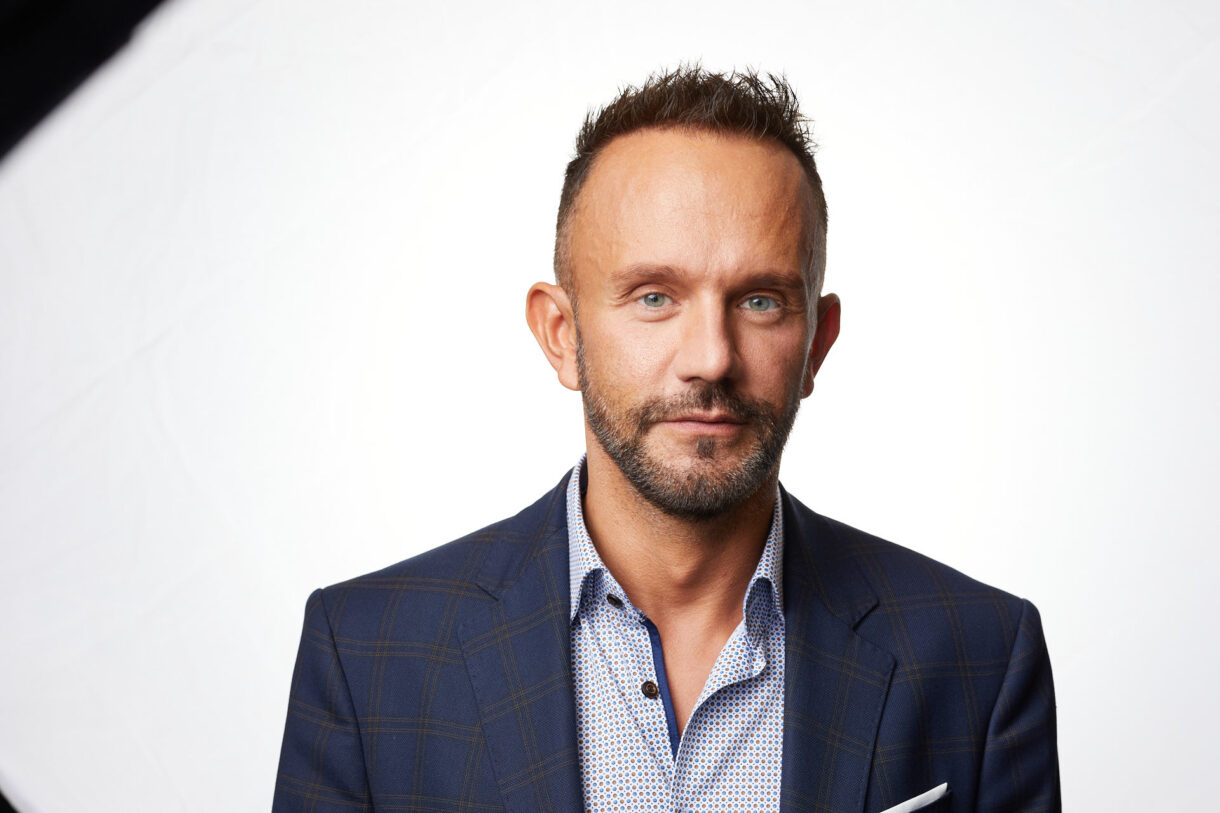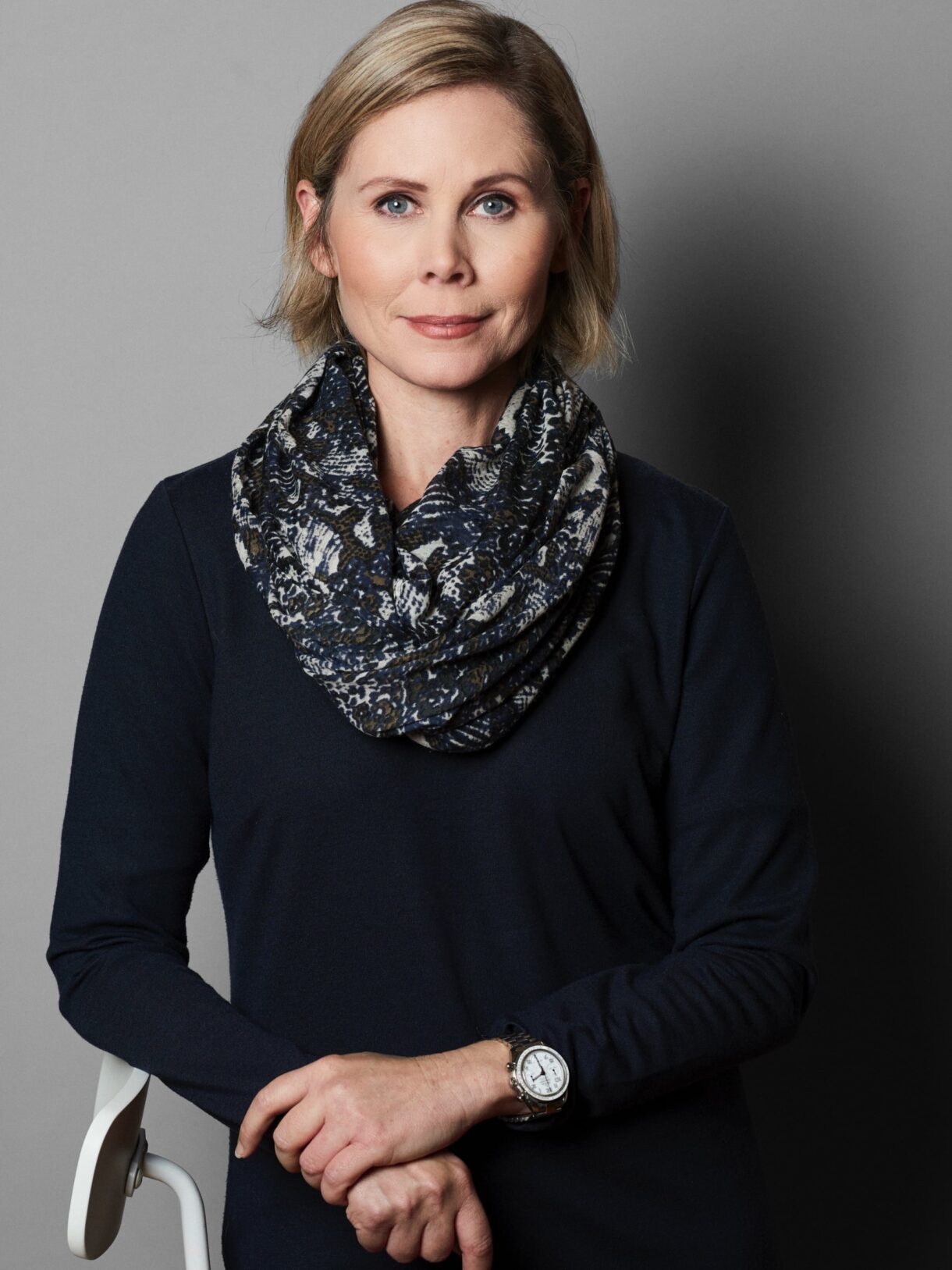Sustainability and finance go hand in hand
When Donny Tobin began his career at Pernod Ricard in 2003 as a financial analyst, sustainability was not a primary topic of discussion. Fast forward 20-plus years and now as The Absolut Group’s Chief Financial Officer, he sees sustainability as an integral part of everyday business operations.
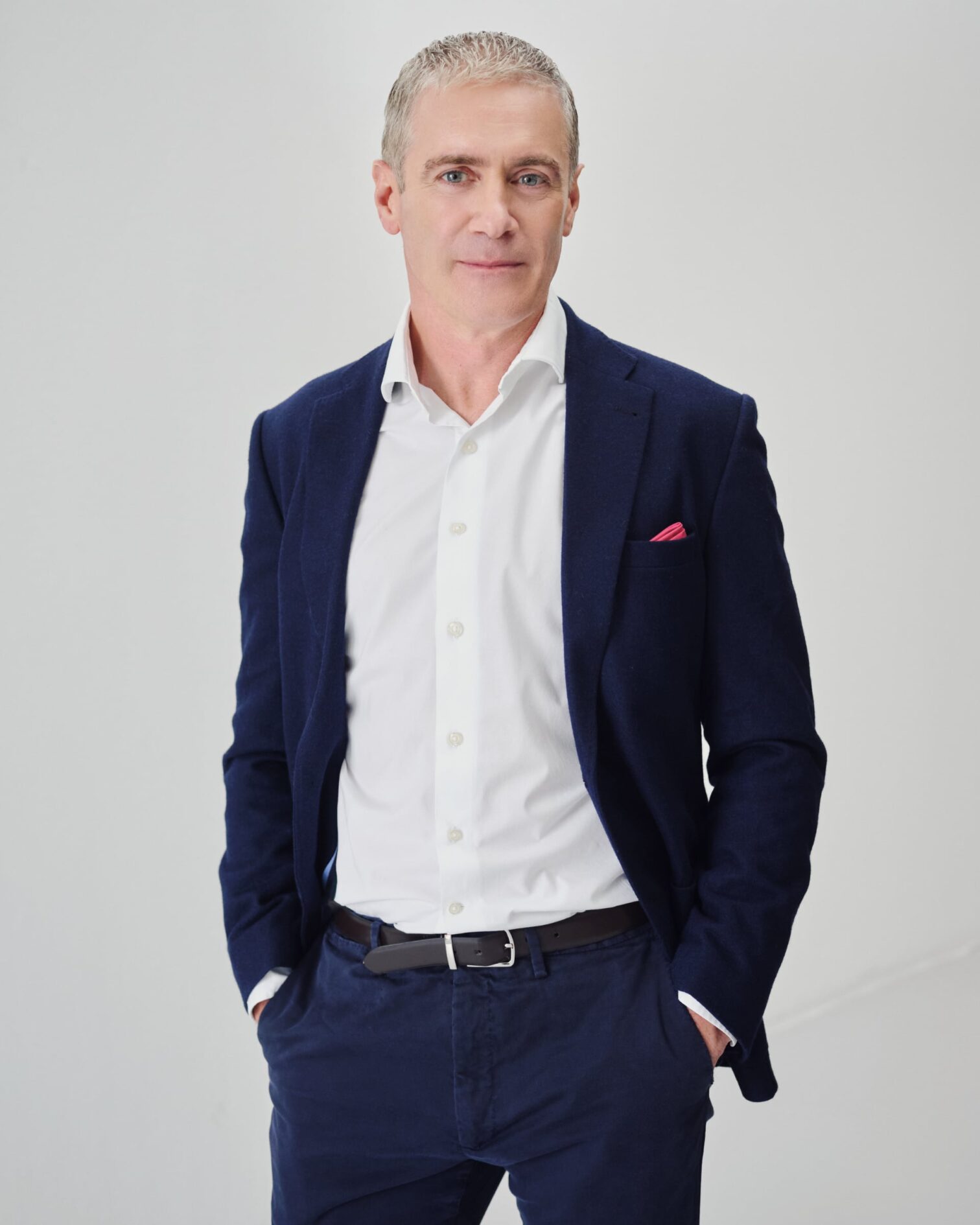
“When I started, sustainability wasn’t part of my daily routine,” says Donny. “Today, it’s ingrained in everything we do. Consumers expect it, and I’ve had to expand my understanding of this broad and complex subject to make a meaningful impact.”
As Chief Financial Officer, Donny plays a key role in helping The Absolut Group “join the dots” so its sustainability plans make strategic and business sense. For him, a large part of the job of a CFO is to take all the company’s strategic elements and ensure that they are all interconnected, prioritized, and adequately supported. “Our decisions must align not only with business objectives but also with sustainability goals,” he emphasizes.
There can be perceptions that say that focusing on sustainability might dilute a company’s overall financial performance – but such a suggestion is immediately debunked by Donny. He believes that sustainability and business success are deeply intertwined.
To put this into context, a key aspect of the CFO’s function revolves around the long-term impact of capital expenditure decisions, and this will often intertwine with sustainability implications – whether it’s water usage, electricity usage or replacing traditional energy sources with greener alternatives. The finance team provide the business case data and insights and Donny leads the way as a sounding board for the leadership team to help them decide whether to pursue projects with immediate benefits or those that offer greater long-term sustainability gains.
“We have to crunch the numbers to see if the return makes sense and to understand the benefits over time,” says Donny. “For example, our joint investment with Ardagh in a partially hydrogen-fired glass furnace is not about short-term gains but about achieving our goal of a carbon-neutral product.

Another challenge that leaders like Donny face is managing the risk of not keeping up with consumer expectations for sustainability. “The world is moving towards sustainability,” he notes. “A major risk lies in not leading these efforts. You can’t just wait for regulations to force your hand. You need a proactive vision and the willingness to invest in that future.”
You can’t wake up when it happens or when regulatory changes are introduced. You have to anticipate. You won’t have time to catch up. You need to invest now.
This doesn’t mean businesses should allocate their entire budget to sustainability projects. “It’s about finding a balance,” Donny explains. “You need to take a measured approach, growing your returns while being sustainable. It’s my role to be pragmatic and a positive challenger on projects, particularly those which have lofty ambitions,” says Donny. Whether exploring alternative packaging through the Absolut paper bottle or investing in Kahlúa’s Coffee for Good initiative, we strive to balance sustainability with efficiency, ensuring we meet consumer expectations without materially compromising on cost.”


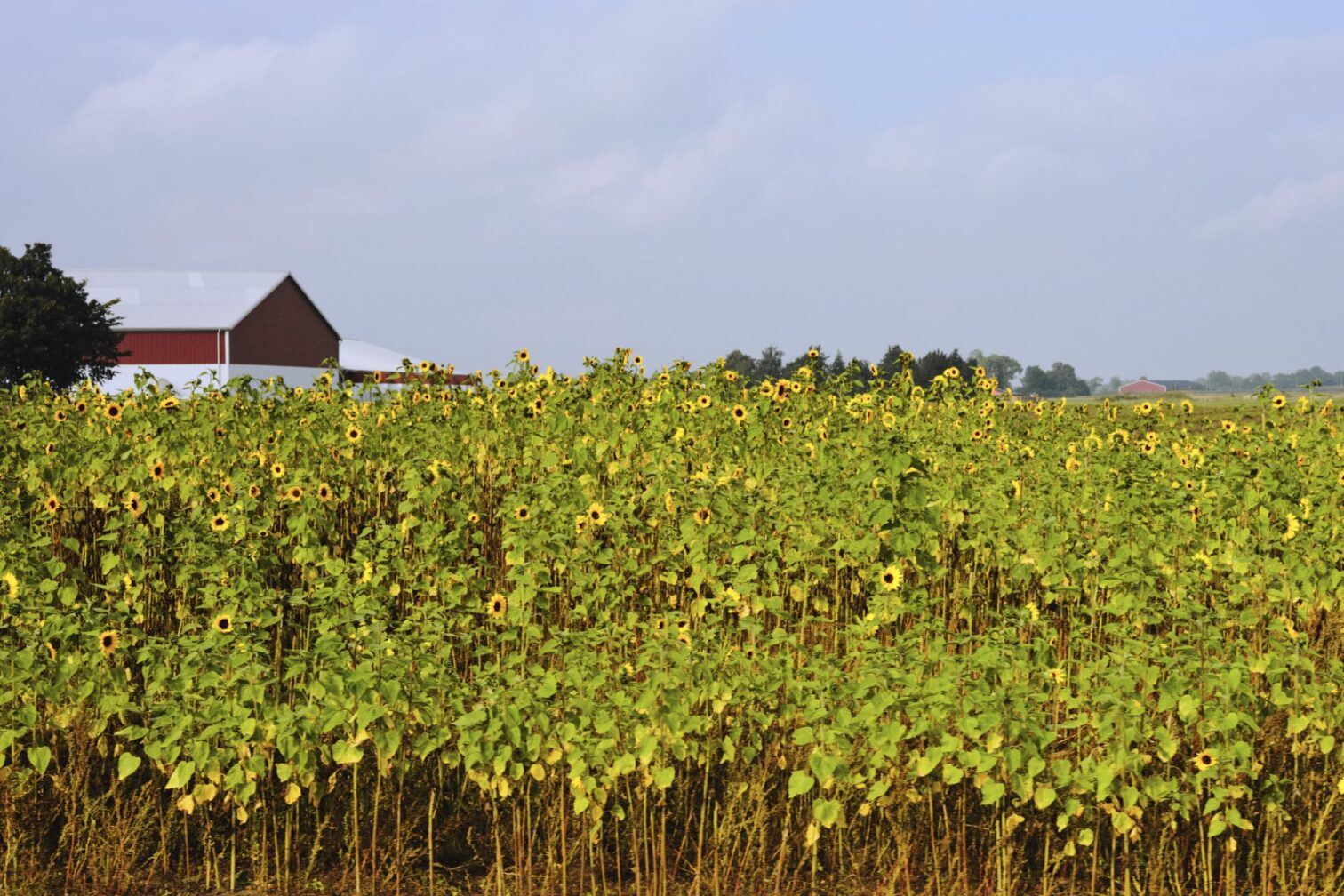
New European legislation coming
The onus on finance departments to embrace sustainability is about to become more important with the introduction of The Corporate Sustainability Reporting Directive (CSRD) – a significant legislative initiative by the European Union aimed at enhancing corporate transparency and accountability regarding sustainability. The first set of companies, which includes Pernod Ricard, will need to apply the new rules for the 2024/25 fiscal year.
We are going to have to be equally adept at understanding sustainability KPIs as commercial KPIs
CSRD is going to somewhat reshape some finance roles; there’s a suite of KPIs that don’t exist today that will need to be tracked and measured. But Donny is unperturbed. Being required to report new numbers won’t redefine TAG’s sustainable strategy but it will bring greater transparency to the significant progress the company has already made and continues to make, he says.
Donny adds: “Today, my finance team supports the business with insights from a commercial and marketing perspective, focusing on business-driven data. In the future, we will approach sustainability with the same level of expertise and dedication; we are going to have to be equally adept at understanding sustainability KPIs as commercial KPIs. But we are in a good place to do just that.”
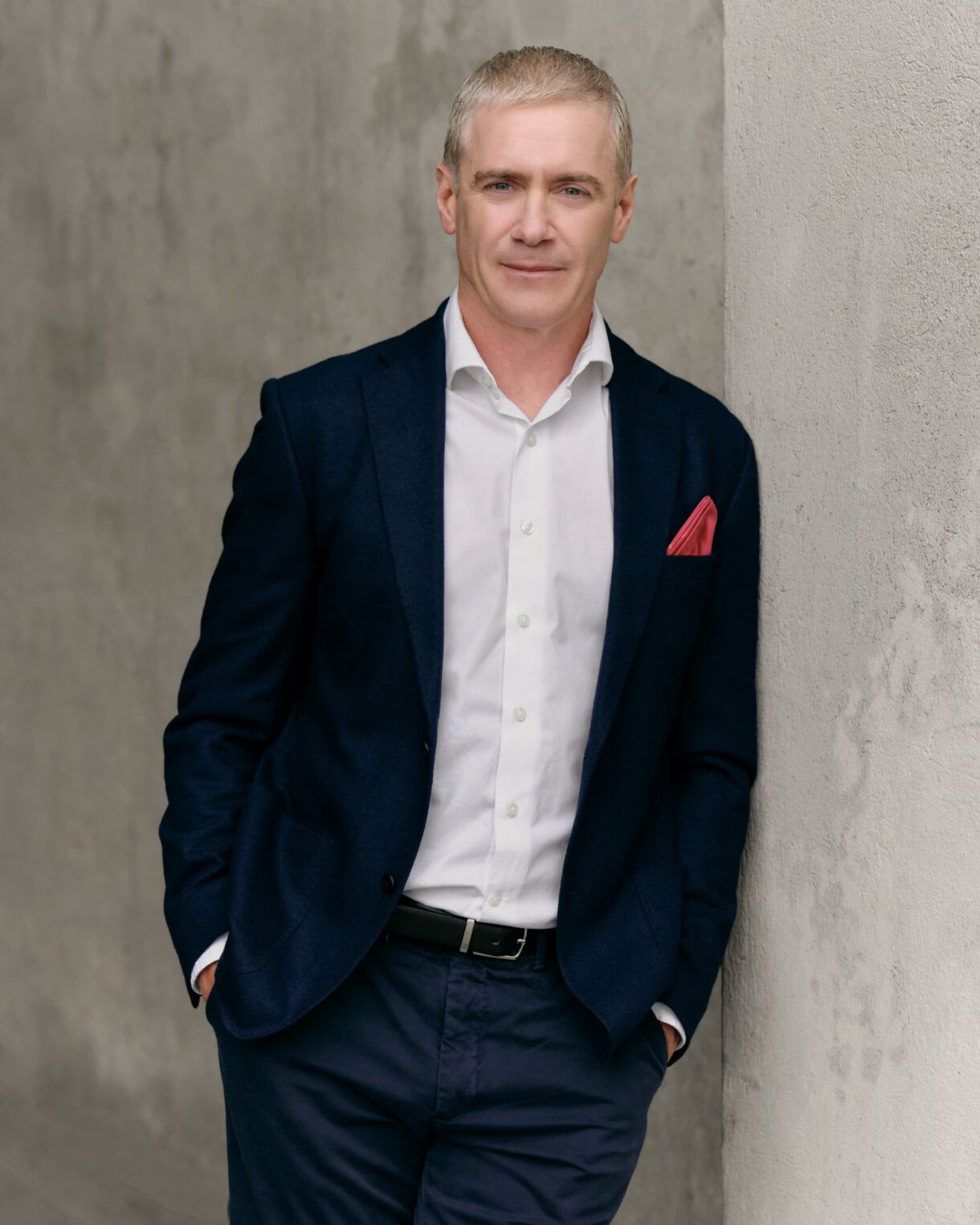
Stockholm: not such a long way from Tipperary
Donny has been with Pernod Ricard for more than two decades, working in Ireland and the US, before touching down in Stockholm amid the Covid pandemic in July 2020 to take up the Chief Financial Officer role at The Absolut Group.
A keen sports fan, he describes himself as “not the quiet Irishman sitting in the corner” and says that moving to Sweden was an “eye-opener” that took him back to his youth growing up in the countryside in Tipperary in Southern Ireland.
“What I noticed about Sweden when I first came here was that grass was allowed to grow wild. Weeds were allowed to grow wild, and flowers were allowed to go wild. And recycling bins were everywhere! In Sweden, sustainability seemed to be at a different level from what I had seen in other places. It’s ingrained in the way of life, a natural part of the culture,” he reflects.”
